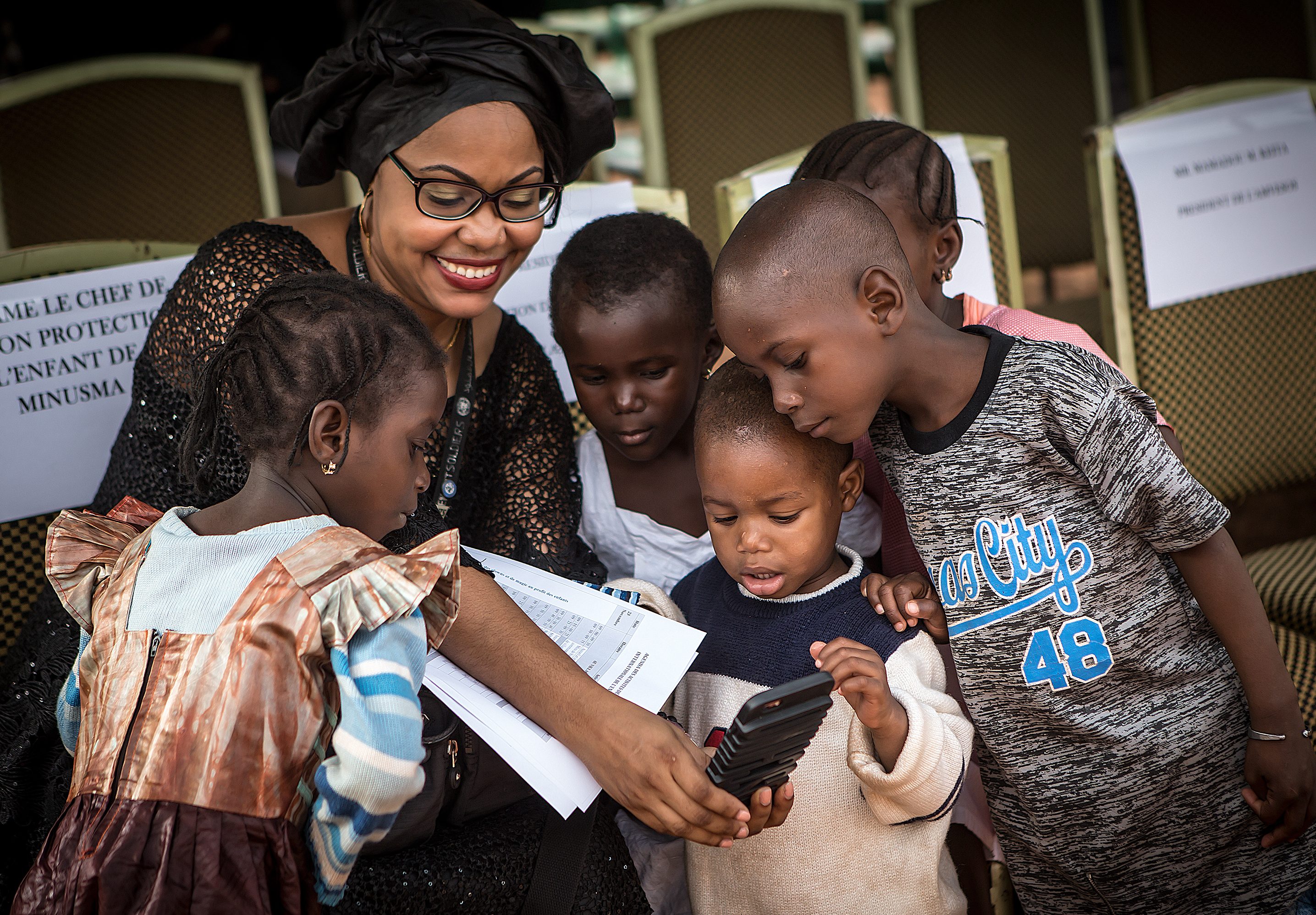
How can we do better consultations where youth can participate more constructively?
How can I do consultations with youth and the public at large without information leaking out?
What have young people around the world done to influence policy?
These are the questions that drive researchers and analysts from UN ESCAP, ECA and ESCWA to develop the Youth Policy Toolbox, a set of toolkit to enhance information sharing, communication, and collaboration among policymakers and young people.
The toolbox was launched earlier in November at the Interregional Youth Policy Forum, during which participants highlighted the importance of youth empowerment. As Deputy Executive Secretary of ESCAP Mr. Kaveh Zahedi pointed out, the Sustainabe Development Goals (SDGs), ICT and demographics are certainly promising in terms of providing opportunities for increasing youth involvement and engagement, however, the greater investment is needed in skills to turn the opportunities into reality.
Capitalizing on the power of today’s information communication technologies, as well as drawing on previous experience in building such platforms, such as the Social Protection Toolbox, the Youth Toolbox acts as a repository of knowledge, experiences, and good practices, with the aim of providing policymakers with a comprehensive resource facility for developing inclusive and responsive youth policies in a process that optimizes engagement of youth-led organizations. It strives to engage the participation of a range of stakeholders, increasing the amount and diversity of knowledge and views.
The Youth Policy Toolbox also aims to be interactive through the inclusion of training modules, opinion polls, and message postings. Each of these levels are specifically tailored to the needs of policymakers and youth, so that relevant content for both parties is available. The Toolbox also provides a contact database of all relevant United Nations bodies/agencies, government ministries, and youth organizations, providing users with a practical means of finding more information and becoming further involved. Through these means, it is hoped that knowledge is being enhanced and learning and sharing of experiences takes place.
The toolkit is ready. Now it is time for putting everything into effect. Discover how to participate in the policy process and make your voice heard here.
Source: UNESCAP, UNECA and UNESCWA
 Welcome to the United Nations
Welcome to the United Nations